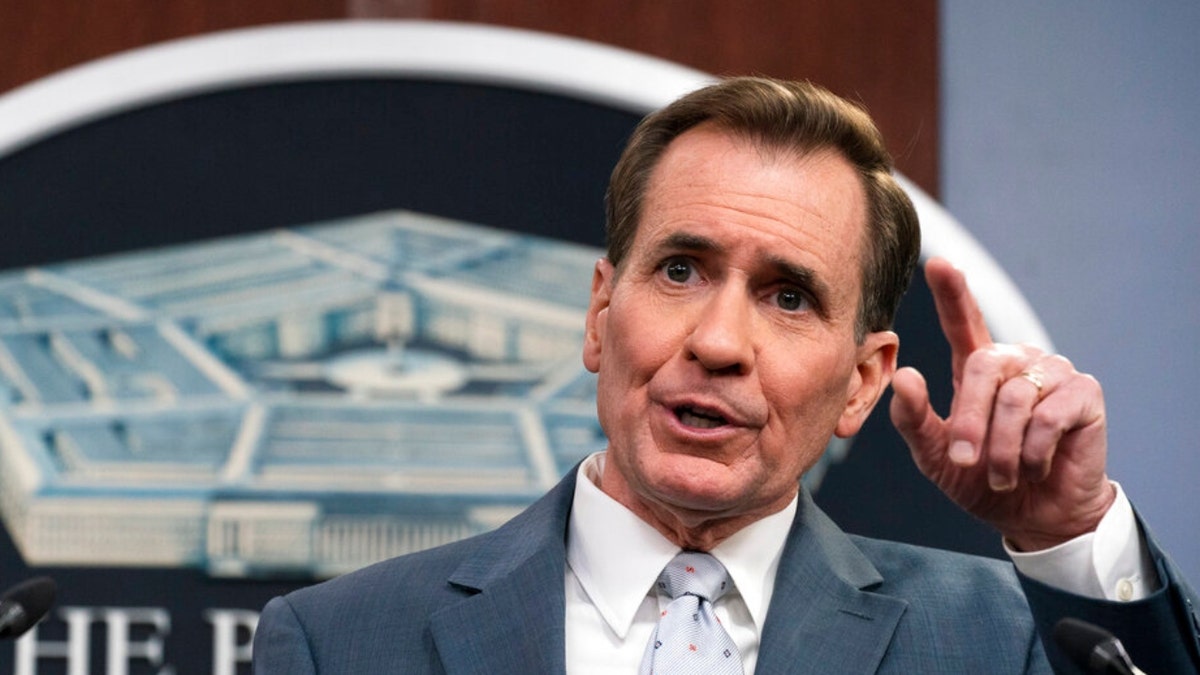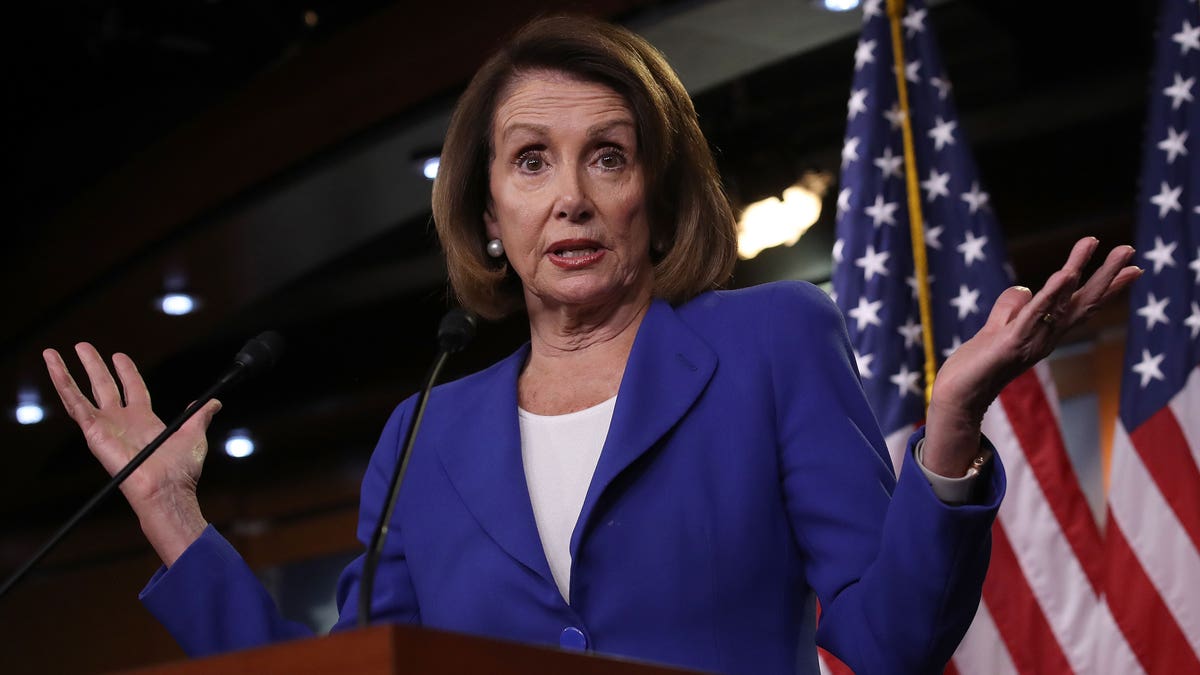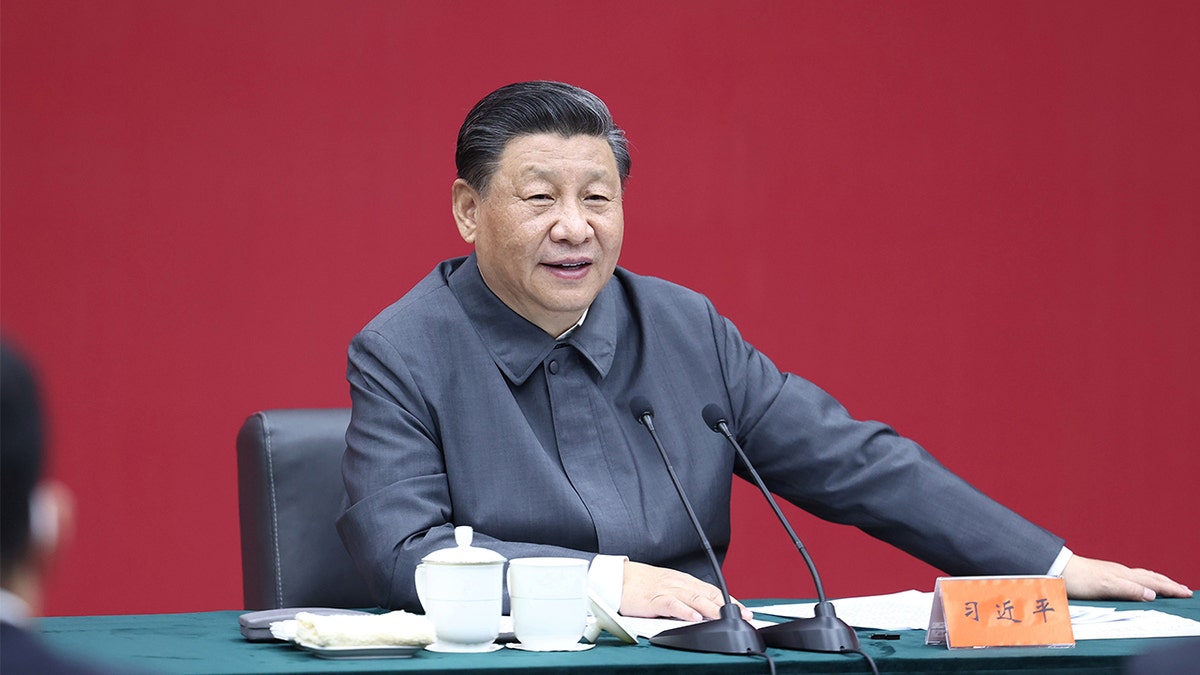Fox News Flash top headlines for August 5
Fox News Flash top headlines are here. Check out what's clicking on Foxnews.com.
The White House summoned Chinese Ambassador Qin Gang Thursday night amid increased tensions in the wake of House Speaker Nancy Pelosi's visit to Taiwan, National Security Council spokesman John Kirby said Friday.
The meeting came as China has suspended all planned discussions with the U.S. on key international issues as retaliation against the visit and is holding live-fire military exercises surrounding Taiwan.
"We felt it was important to bring the ambassador in, to make clear our positions about their provocative actions," Kirby told reporters. "And as I said in my readout we condemn the military actions."

National Security Council spokesman John Kirby said Friday that the White House summoned the Chinese ambassador Thursday night. ( (AP Photo/Manuel Balce Ceneta))
CHINA HALTS MILITARY, CLIMATE TALKS WITH US IN RETALIATION FOR PELOSI VISIT
Kirby added: "We also made clear to the ambassador that Beijing's actions are concern not only to us, but to Taiwan and to the rest of the world. And made clear that – we wanted to make sure that he knew how much the international community was also opposed to this."
The People's Republic of China has long claimed sovereignty over Taiwan and the Taiwan Strait, the relatively narrow strip of ocean between the island of Taiwan and the Chinese mainland. The Chinese military has frequently sent planes into the area, testing Taiwan's air defense zone.
The U.S. does not have official relations with Taiwan – also known as the Republic of China – and maintains a "One China" policy that recognizes the People's Republic of China as the legitimate successor nation.

House Speaker Nancy Pelosi visited Taiwan this week, in a trip that angered the Chinese Communist Party but earned support from bipartisan lawmakers in the U.S. (Getty Images)
PELOSI TAIWAN TRIP: IRAN, SYRIA JOIN LIST OF COUNTRIES CONDEMNING CONTROVERSIAL VISIT
But the U.S. also has robust trade relations with Taiwan, and American officials often laud the island's liberal democracy in comparison to the Chinese Communist Party's authoritarian government.
The visit to Taiwan by Pelosi, D-Calif., emphasized those points, and bipartisan American lawmakers backed her visit, despite discouragement from the White House.
"She has every right to go. And it’s been unseemly and counterproductive for President Biden and his aides to have publicly sought to deter her from doing so," Senate Minority Leader Mitch McConnell, R-Ky., said this week. "Beijing wants to dictate Taiwan’s future to its people and snuff out the island’s democracy. And they are building the military capacity to bring this about. That's what's provocative."

Chinese President Xi Jinping's Chinese Commuist Party angrily condemned a visit to Taiwan by House Speaker Nancy Pelosi, D-Calif. (Ju Peng/Xinhua via Getty Images)
CLICK HERE TO GET THE FOX NEWS APP
Despite bluster on both sides, Kirby said Friday the White House aims to avoid a direct confrontation with China.
Kirby said the White House made clear to the Chinese ambassador that "nothing has changed about America's one China policy. And that we don't want to we don't want to see a crisis evolve out of this, nor is there any justification for that to happen."
Kirby also said it's important to keep many lines of communication open between the U.S. and China.
Fox News' Timothy H.J. Nerrozi and Anders Hagstrom contributed to this report.






















